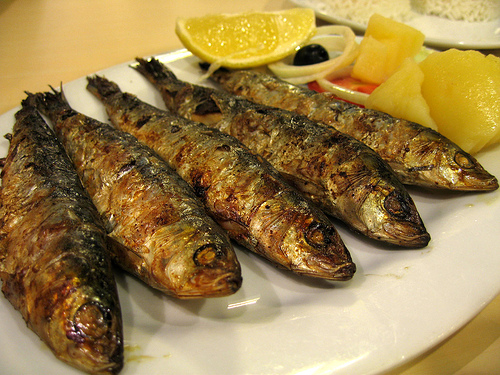
Dear Theophilus,
Kids say and ask the
darndest things. That’s why we need to be ready for them when they have deep,
penetrating questions about the faith. Because, if we’re not ready to answer
them with the Truth, then they’ll go looking for answers in all the wrong
places: the internet, television or the school yard.
I realized how
important this is earlier this week when my 9 year-old son popped a big one
from the backseat: “How do we know God exists?” Forgetting that he’s only 9 and
not my high school religion class, I started into a discourse on St. Thomas
Aquinas’ Five Proofs. When we pulled into the driveway all he could
muster was a feeble, “My head hurts.” Even though I was ready for his question,
I had forgotten how to answer it so he could understand.
Although it’s
important as a parent to be ready to answer our children’s questions about the
faith, it’s even more important for Catholic Educators.
A couple of weeks ago
I was in the midst of preparing a workshop for Catholic high school teachers
when I came across the following quote:
However else the responsibilities of Catholic
Educators are defined, the legitimate expectation of professional colleagues,
of parents, of the church community and of the school board is that they say
something about God. Msgr.
Dennis Murphy (The Catholic Register, Aug 21-28, 2005).
At the end of the day,
this is the crux of Catholic education. This is the reason why parents send
their kids to Catholic schools. This is our vocation as Catholic educators. I
remember thinking this the first time I read this quote so many years ago, and
was reminded that it remains pertinent even today.
But are we ready to say
something about God?
It has been my
experience that many Catholic educators, especially those outside of the
Religion Department, will shy away from the subject of God and His teachings
through the Catholic Church. This is usually due to a feeling of insecurity in
their ability to answer the big questions our students ask. But it doesn’t have
to be that way.
The first step is
getting Catholic educators the tools they need to comfortably teach Catholic
doctrine. This could be done simply by getting a copy of the Youcat into the
hands of every Catholic educator. They don’t need to read it from front to
back. It can even collect dust on their classroom bookshelf. However, it will
be there for them to blow the dust off when a student asks a tough question on
what the Catholic Church really teaches about homosexuality, going to Mass on
Sunday, or is Jesus really present in the Eucharist. I know that, for myself, the
Youcat is my go-to resource when students ask questions I’m not comfortable
answering on my own.
Like with most things,
the more we have, the more we want. I find that it’s the same with our
knowledge of the faith. The question then is, where do we go next to deepen our
knowledge of Catholicism?
Our Catholicism is
also a communal faith. A faith where we are called together to witness to our
faith to each other. Nothing strengthens our Catholic faith quite like being in
a large group of Catholics all witnessing their faith together. Fortunately, there
are a number of Catholic conferences where our faith can be fed. My favourite
semi-annual conference in Toronto is put on by Catholic Chapter House, where
I’ve heard such renowned Catholic speakers as Dr. Scott Hahn, Dr. Peter Kreeft
and EWTN’s Marcus Grodi. Another conference I want to get to one day is the Defendingthe Faith conference in Steubenville, Ohio, which features these names
amongst a who’s who of Catholic speakers.
Of course there is a
smattering of conferences for Catholic educators out there, but they seem to be
few and far between. Although conferences geared toward the laity as a whole
help us sustain our Catholic faith, it would be nice to have some more targeted
to the needs of Catholic educators. There’s an internet survey for Catholic
educators here to find out what they would like to see in Catholic Professional
Development – please share it with the Catholic educators you know. Also, if
you know of any conferences for Catholic educators (or for the laity in
general), please share the details in the comment box below.
Working together we
can help one another strengthen our faith and enrich our knowledge of the Truth
and beauty that is Catholicism. With the right resources, we can grow our
confidence in our ability to answer our kids’ questions. We will be ready to say something
about God.


